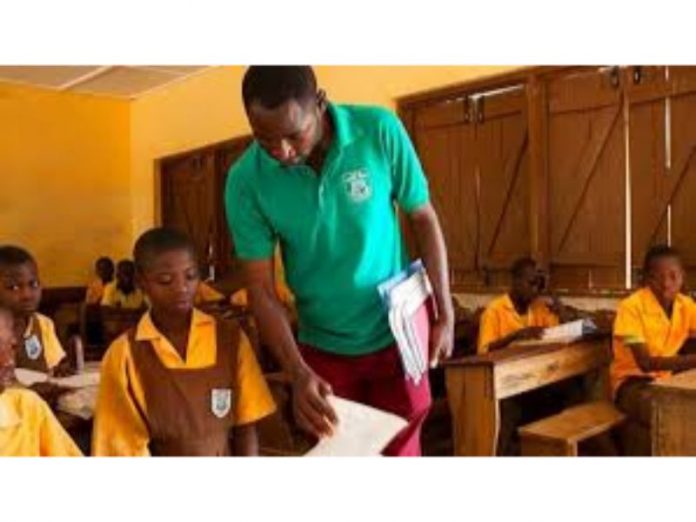Professor Nicolas Nsowah-Nuamah, President of the Dominion University College, has called for teachers and final year students to be tested for COVID-19 before schools re-open on June 15.
He said the two weeks interval granted by the President should be used for proper planning, including COVID-19 testing, to ascertain their status in order to allay the fears of teachers, tutors, lecturers, and students.
Prof. Nsowah-Nuamah made the call in an interview with The BBC Ghana in Accra on Monday in reaction to the President’s Directive on easing of restrictions on social gatherings.
In his 10th national broadcast on measures to contain the spread of COVID-19 last Sunday, President Akufo-Addo said effective Monday, June 15, final year students of junior high schools (JHS), senior high schools (SHS) and universities will go back to school.
All final year students of educational and training institutions which are being managed by ministries other than the Education Ministry were to return to complete their exit examinations.
Final year university students were to report to campus on June 15, SHS 3 students together with SHS 2 Gold Track students were to report on June 22 whilst the JHS 3 students would report on June 29.
All JHS 3 classes will comprise a maximum of 30 students, SHS classes 25, and university lectures will take half the class size.
Prof Nsowah-Nuamah welcomed the President’s decision to reopen schools for the final year students and underlined the need for school management to improvise strategies to ensure smooth teaching and learning.
Commenting on the psychology of students towards observing social distancing, he noted that it was risky because there was a tendency for students to relax.
“The problem is once the President has spoken and eased the restrictions people tend to think that the problem has subsided and so the strict adherence of the social distancing protocols might not be observed by the students.”
“You remember when the three-week partial lockdown was lifted what happened, it’s likely some students may behave in a similar fashion,” he said.
Prof Nsowah-Nuamah, therefore, called for sustained efforts of educating the students and teachers alike to observe the safety and hygiene protocols.
Ghana recorded its first two COVID-19 cases on March 12 and since then Government had taken a number of measures to contain the respiratory disease.
They include the closure of the country’s borders, setting up screening centers at the various points of entry, the creation of holding rooms for suspected COVID-19 cases, isolation, and treatment centers.
Other measures include the closure of schools, churches, mosques, drinking spots, and ban on conferences, festivals, and sporting activities across the country.
The government imposed a three-week partial lockdown on epicenters of the virus including Accra, Tema, Kasoa, and Greater Kumasi.
Also, government-provided free water to all Ghanaians and subsidized electricity tariffs for all categories of consumers, as well as tax rebate for all frontline health workers and 50 per cent increase on their basic salary for four months and provided one billion stimulus package for businesses that have been affected by the virus.
Source: TheBBCghana.Com


















